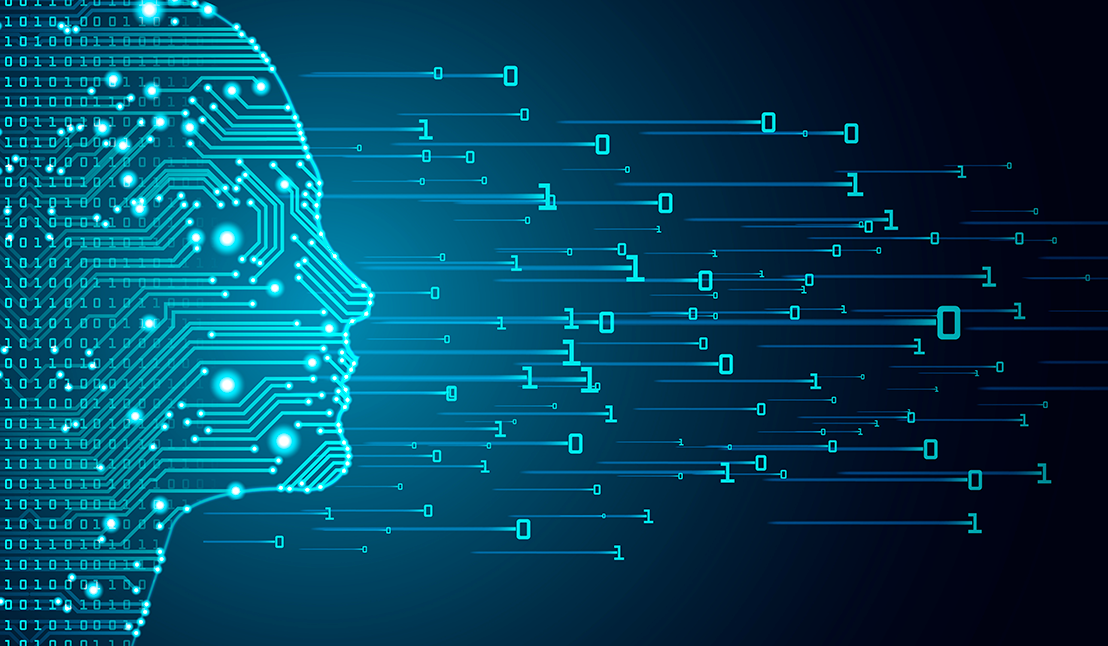AI vs. IP: Navigating Ownership in the Age of Generative Content
The rapid rise of artificial intelligence (AI) and generative technologies has opened incredible new opportunities across creative industries—but it has also raised significant challenges around intellectual property (IP) ownership. At Cultura, we deeply recognize the complexities creators now face, and we believe that decentralized technologies offer robust solutions for protecting and verifying original content in this new digital landscape.
Generative AI tools, capable of creating everything from detailed illustrations to sophisticated narratives, have blurred the lines of content ownership. Traditional IP laws, which were developed long before such advanced generative technologies emerged, now struggle to clearly delineate rights and ownership. This lack of clarity places creators in a difficult position, often leaving them uncertain about how their original works can be protected or monetized in the face of AI-generated content.
A core challenge is determining authorship and originality when AI algorithms generate content. Current systems and regulations often rely heavily on human authorship and direct creative involvement, criteria increasingly difficult to define with AI. This has created a scenario ripe for disputes, misuse of creative works, and loss of rightful compensation for creators.
Cultura addresses these challenges through innovative decentralized systems, specifically leveraging blockchain technology, decentralized identifiers (DIDs), and smart licensing protocols. Our approach provides creators with clear, immutable proof of authorship and establishes indisputable ownership rights, even in highly complex digital environments.
Blockchain’s transparency and immutability are key assets in navigating the murky waters of AI-generated content. Cultura’s blockchain infrastructure permanently records every creation and transaction, providing undeniable evidence of originality and ownership. By utilizing decentralized identifiers (DIDs), Cultura further ensures that creative works are verifiably linked to human creators, distinguishing genuinely original content from AI-generated material. This verification is essential to maintaining trust and integrity in digital creative economies.
Moreover, Cultura’s Proof-of-Rights Protocol takes these protections a step further by integrating sophisticated attestation and bonding services. This unique combination ensures that every creative asset is securely authenticated and tied explicitly to its human creator. By embedding these protections directly within the blockchain framework, Cultura makes it significantly more challenging for unauthorized AI-generated imitations to infringe upon original content.
Smart contracts are another critical solution Cultura provides, offering automated, transparent royalty distributions. These contracts instantly trigger fair compensation whenever licensed content generates revenue, significantly reducing administrative burdens and increasing financial security for creators. In a landscape where AI-generated works threaten to devalue human-made content, smart contracts help creators maintain robust monetization channels, ensuring they are fairly compensated for their creative contributions.
At Cultura, we advocate for an IP framework evolved explicitly for the digital age. Rather than dismissing or radically overhauling IP protections, we propose enhancing them through blockchain technology, decentralized systems, and clear mechanisms for verifying and authenticating human authorship.
Ultimately, the goal is not merely to navigate the challenges posed by AI-generated content but to empower creators, ensuring they retain control over their creative output. By leveraging Cultura’s decentralized tools and innovative IP solutions, creators can confidently establish and protect their work, securing rightful recognition and compensation.
As generative AI continues to evolve, Cultura remains committed to safeguarding the integrity and value of human creativity. Together, we can build a digital economy where original creative works remain secure, valuable, and unmistakably human.
